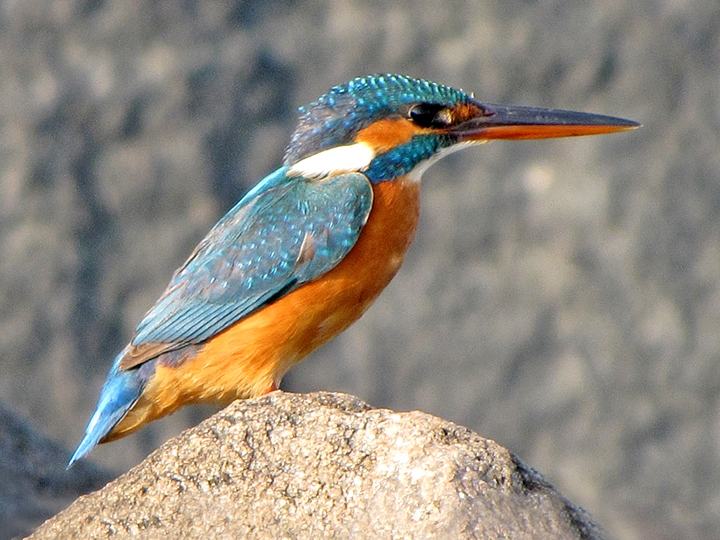The Framing
There once were three dogs who lived with a family. One dog was named Maggie. Maggie was a great dog. She was ten-years-old, a beagle-mix, and very calm. Maggie never did anything bad. Along with Maggie, there was an eight-year-old chihuahua named Fred. Fred was also a very well-mannered dog, but he was prone to some relapses in his behavior from time-to-time. |
| Maggie is always happy to be petted. Image from me |
 |
| Niko sitting on Fred's head to try to get a reaction. Image from me. |
When the owners got home and saw the shredded shoe in Niko's kennel, the owners were furious. Niko should have known better than that. They were going to punish Niko by making him stay outside for the rest of the week. Niko heard the owners talking and knew he had to act fast. Niko ran up to the owners and the owners said, "Bad dog! Why would you destroy Marshall's shoe?"
Niko calmly responded, "I could not have chewed Marshall's shoe. I was outside all day chasing butterflies."
The owners rebutted, "Then who could have done it!"
"Fred was the only one inside today. He had to have chewed the shoe."
The owners began to realize their mistake and apologized to Niko and sent him on his way inside. The owners then handed down the punishment to Fred and Maggie instead. The owners learned their lesson to not hold judgment until all of the evidence and facts have been gathered. Niko was given a new chew toy and some treats as an apology for the accusation and was treated more fairly from then on.
Author's Note
I based my story off of the jataka "The Guilty Dogs". In "The Guilty Dogs", some of the king's dogs chewed up leather harnesses and reigns for the horses. The king immediately thought that it was a dog from the village, and ordered all of the village dogs to be killed. The chief village dog went to talk to the king and explained that the village dogs could not get into the palace, so there is no way they could have chewed the leather. He urged the king to purge the stomachs of the palace dogs, and, sure enough, they threw up the leather. The king punished his dogs and rewarded all of the village dogs with good meals. I thought the story had a good moral, and the story reminded me of my dogs back home. Niko, Fred, and Maggie are all dogs my family actually has, and, like the story says, Niko is naughty, Maggie is calm and good, and Fred can be naughty at times while he is typically good. The story reminded me of the past summer when I came home from work to one of my crocs being chewed up by one of my dogs. While Niko really did do it, I thought it would be fun to merge this story with the plot of "The Guilty Dogs". Niko also does love to chase butterflies."Twenty Jataka Tales". Retold by Noor Inayat. Found Online at this lin







.jpg/1200px-Vijayanagara%2C_Hampi%2C_India_(20578091874).jpg)


